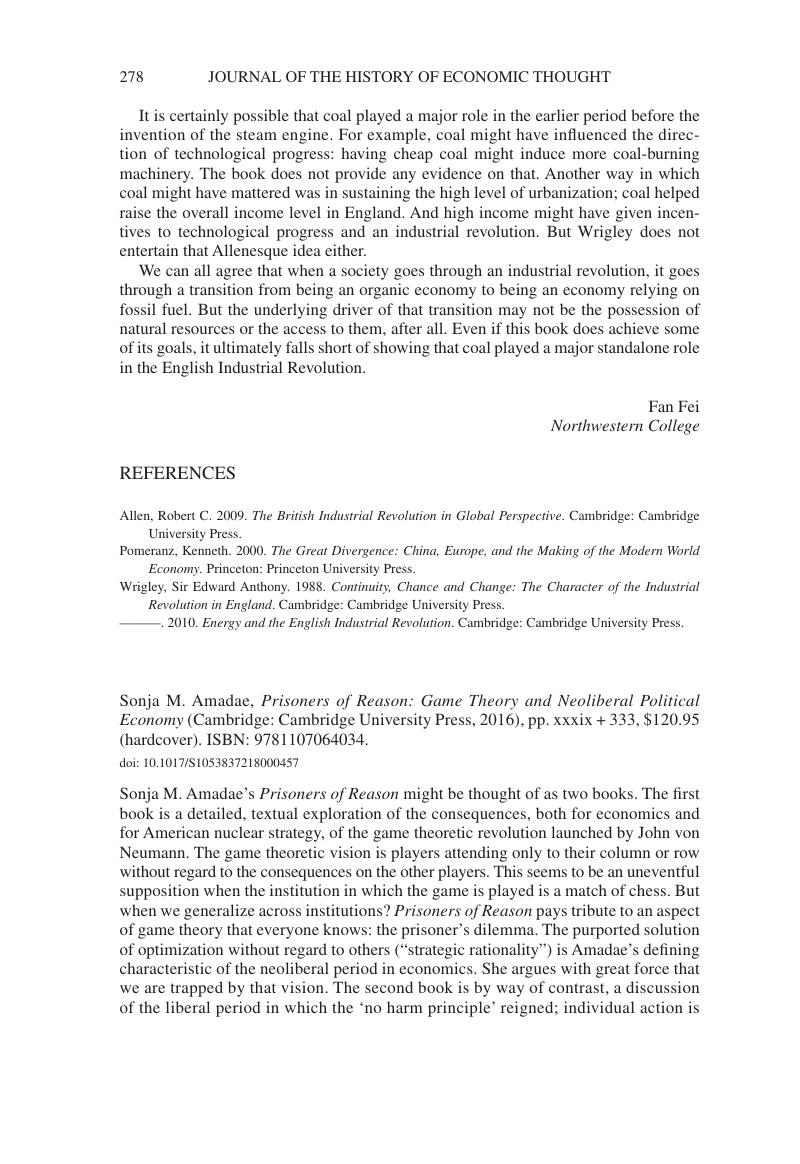Mill, John Stuart.
1865. “
Romilly’s Public Responsibility and the Ballot.” Newspaper Writings. Volume 25 of
The Collected Works of John Stuart Mill . Edited by
Robson, Ann.
Toronto:
University of Toronto Press, pp.
474–
475.
http://oll.libertyfund.org/titles/259. Accessed 27 December 2018.
Google Scholar 